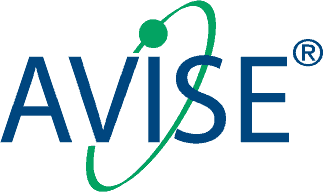This is a website for healthcare professionals.
AVISE CTD
Frequently Asked Questions
CB-CAPs (EC4d, BC4d) are stable measures of complement activation products that have proven to be 22% more sensitive for SLE than C3/C4. CB-CAPs reflect the irreversible deposition of a classical complement protein fragment (C4d) on cells unlike the indirect measurement of depletion of C3/C4 proteins as a proxy for complement activation.
In the past 10 years, AVISE CTD has been rigorously studied to demonstrate analytical validity, clinical validity and clinical utility in studies involving leading academic institutions across the U.S.
Exagen is an autoimmune disease-focused company that is committed to investment in the development of cutting-edge diagnostic, prognostic, and monitoring tools to improve the lives of patients suffering from chronic autoimmune diseases.
The types of patients who benefit from AVISE CTD testing, include ANA positive patients referred for evaluation of suspected autoimmune disease, patients with undifferentiated connective tissue disease, and ANA positive patients suspected of fibromyalgia.
All of Exagen’s test offerings are curated in a data-driven development process that prioritizes incremental clinical utility in the diagnosis, prognosis, and ongoing management of autoimmune diseases.
AVISE SLE monitor provides a unique set of biomarkers that have been validated in prospective longitudinal studies to associate with both general SLE activity (SLEDAI) and specific organ involvement (anti-C1q with lupus nephritis and PC4d with thrombosis).
EC4d has been shown in peer-reviewed studies to significantly correlate with clinical SLEDAI and urinary protein to creatinine ratio fluctuations in SLE patients followed prospectively.

